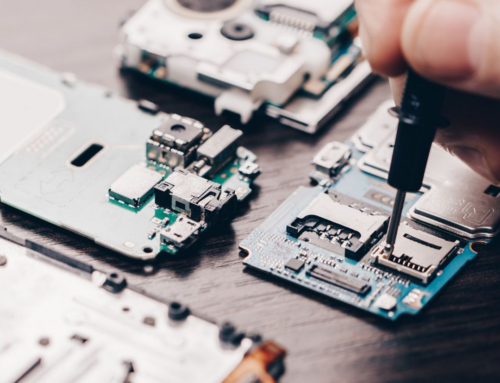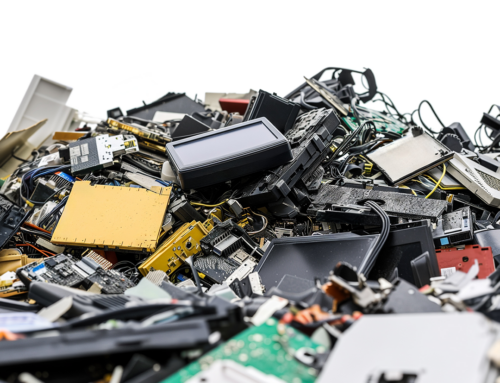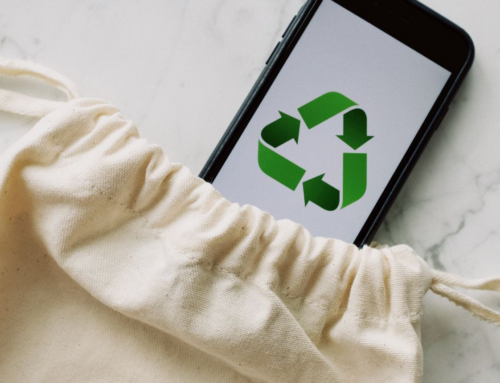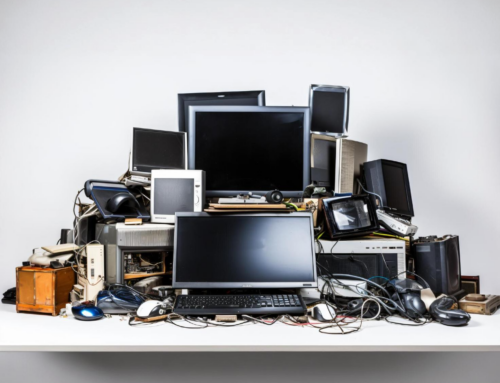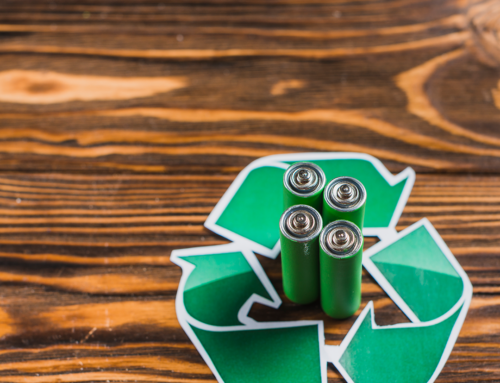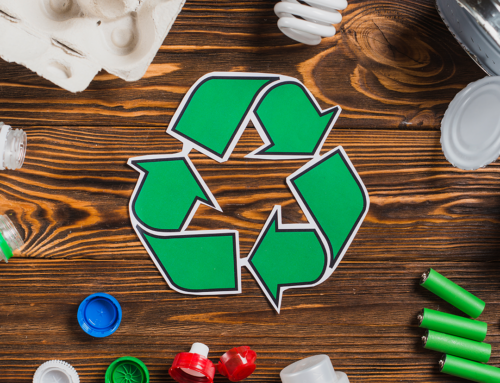Electronic waste (e-waste) is one of the fastest-growing waste streams globally, and as technology rapidly evolves, more and more devices are discarded each year. While e-waste contains valuable materials such as gold, copper, and rare earth metals, it also harbors a range of hazardous components that can be harmful to both human health and the environment. Many electronic devices contain toxic substances that, if not properly disposed of, can leak into ecosystems, causing long-lasting damage.
The improper handling and disposal of e-waste can have serious environmental and public health consequences. As more consumers discard their old laptops, phones, and other electronics, the volume of toxic materials entering landfills increases. These substances, such as lead, mercury, and cadmium, pose significant risks to ecosystems, wildlife, and humans. It is essential for consumers, manufacturers, and waste management services to take responsibility for the proper recycling and disposal of e-waste to mitigate these dangers. In this article, we will highlight the most hazardous materials commonly found in electronic waste and discuss the importance of their proper management.
1. Donate Your Laptop
If your laptop is still functional, donating it is an excellent way to help others while reducing electronic waste.
- Schools and Nonprofits: Many organizations, schools, and charities accept used laptops to help students and communities in need.
- Tech Refurbishing Programs: Some companies and NGOs refurbish old laptops and distribute them to low-income individuals.
- Family and Friends: If you have younger relatives or friends who need a basic laptop for studies or work, your old device can still be useful.
2. Repair and Upgrade
Sometimes, an old laptop just needs a little maintenance or minor upgrades to be functional again.
- Replace the Battery: If the laptop no longer holds a charge, a new battery can bring it back to life.
- Upgrade RAM and Storage: Adding more RAM or replacing an old hard drive with an SSD can dramatically improve performance.
- Clean and Maintain: Dust buildup can cause overheating. Cleaning the internal components and applying new thermal paste can enhance performance.
- Install a Lightweight Operating System: If your laptop struggles with modern software, consider installing a lightweight OS like Linux to make it run faster.
3. Repurpose Your Laptop
Even if your laptop is too slow for everyday tasks, you can still find creative ways to reuse it.
- Turn It into a Media Center: Install streaming apps and connect it to your TV to create a home media hub.
- Use It as a Secondary Monitor: Some software allows you to use an old laptop as an additional screen for your main computer.
- Convert It into a Home Server: Old laptops can be used to store files, host a website, or create a personal cloud storage system.
- Make It a Learning Tool: If you’re interested in programming, cybersecurity, or hardware repairs, an old laptop is perfect for experimentation.
4. Reuse Components
If the laptop is beyond repair, you can still salvage useful parts.
- Hard Drive or SSD: Convert it into an external drive with a simple enclosure.
- Screen: If the display is intact, you can repurpose it as an external monitor.
- Keyboard and Trackpad: They can be used for DIY projects or as replacements for other devices.
- RAM and Battery: Check if they are compatible with other laptops before discarding them.
5. Recycle Responsibly
If none of the above options are feasible, recycling is the most eco-friendly way to dispose of your laptop.
- Electronic Recycling Centers: Many cities have designated e-waste recycling facilities where laptops are properly dismantled and disposed of.
- Manufacturer Take-Back Programs: Some laptop brands offer recycling programs where you can return old devices.
- Retailer Drop-Off Locations: Many electronics stores accept old laptops for safe recycling.
Conclusion
Throwing away an old laptop should be the last resort. Whether through donation, repair, repurposing, or responsible recycling, there are many sustainable alternatives that can reduce electronic waste and extend the life of your device. By choosing eco-friendly disposal methods, you contribute to a greener planet while maximizing the value of your electronics. Before you discard that old laptop, consider giving it a second chance!


